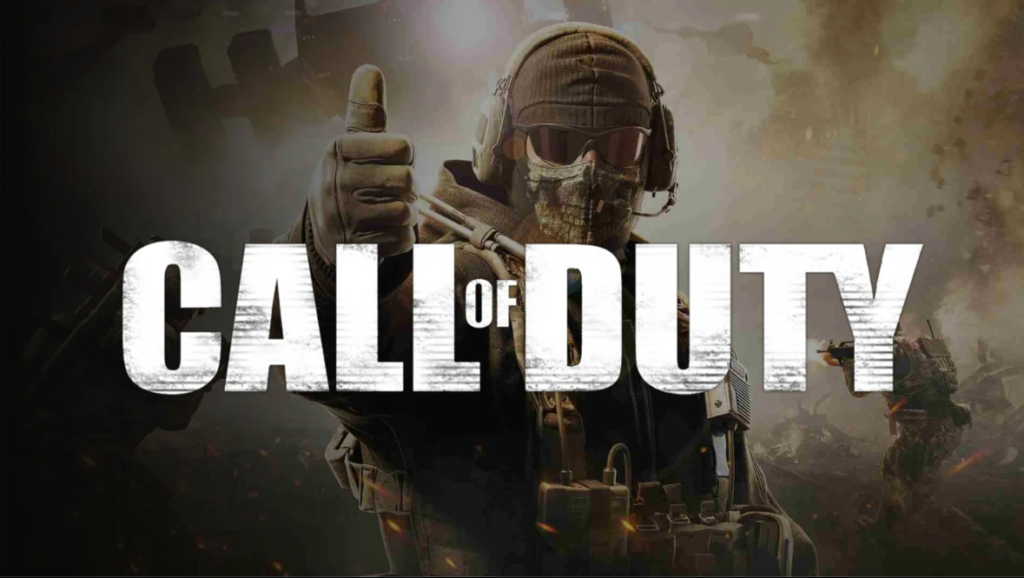|
Getting your Trinity Audio player ready...
|
In a move aimed at addressing concerns and ensuring competition, Microsoft has signed a binding agreement with Sony to keep the popular video game franchise “Call of Duty” available on PlayStation after the completion of its $69 billion merger with Activision Blizzard. The announcement, made by Phil Spencer, Microsoft’s Xbox head, via Twitter on Sunday, highlights the tech giant’s commitment to providing players with a wider choice in playing their favorite games.
Sony, a vocal critic of the merger, has expressed concerns about the future availability of “Call of Duty” on its gaming platform. However, this agreement may help alleviate those concerns and potentially facilitate the conclusion of the deal.
Recognizing the competition concerns raised by regulators globally, Microsoft had already entered into multiyear licensing agreements with various rivals, including Nintendo and Nvidia, to ensure that Activision titles would not be restricted from users of those companies’ platforms and consoles.
Microsoft’s President, Brad Smith, reiterated the company’s commitment to addressing the concerns of regulators, platform and game developers, and consumers. Even after the merger’s approval, Microsoft intends to focus on expanding the availability of “Call of Duty” on multiple platforms, catering to a broader consumer base.
During a recent federal court hearing, Microsoft executives, including CEO Satya Nadella, assured that properties like “Call of Duty” would not be withheld from competitors following the completion of the merger. This testimony, coupled with a favorable opinion from US District Judge Jacqueline Scott Corley, who stated that the US government had not provided sufficient evidence of potential harm to competition, adds momentum to Microsoft’s efforts.
Microsoft and Activision face a contractual deadline of July 18 to close the merger, although there is a possibility of seeking an extension if mutually agreed upon. Recent court victories for Microsoft, with both a federal district court and a US, appeals court declining to block the merger temporarily, further strengthened the company’s position.
The Federal Trade Commission had sought a preliminary injunction to prevent immediate harm to video game consumers, citing concerns that Microsoft could withhold “Call of Duty” and other popular titles from competing consoles and cloud gaming services.
As the deadline approaches, industry watchers eagerly anticipate the outcome of this high-stakes merger, which could solidify Microsoft’s position as the third-largest video game publisher in the world while shaping the landscape of the gaming industry.
